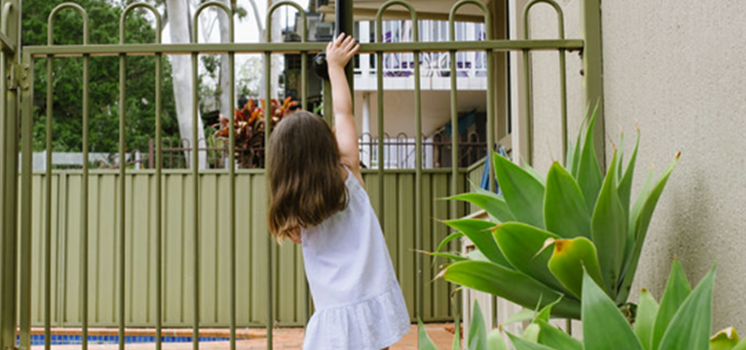
Protecting Our Children: Raising the Social Media Age Limit
Christian Community, College News, Family Wellbeing, Junior School, Parents & Carers, Student Wellbeing
There has been much debate recently, about raising the age our children can access social media. There is a growing movement to raise the minimum age from 13 to 16 years of age, with many experts citing concerns about the detrimental impact of social media on children and young people.
In addition, the minimum age of 13 years for social media use is loosely enforced, with many platforms relying on self-declared ages. Surveys show a significant number of children below this age already use social media. For instance, in 2022, 22% of Australian children aged 8-10 and 46% aged 11-13 visited social networking sites. (alannahandmadeline.org.au)
Politicians from all sides including the Prime Minister, State Premiers and Independent Senators are calling for this change. “Children are losing their childhoods because they haven’t yet developed the self-control to resist these highly addictive products.” (David Pocock Independent Senator Instagram post).
Over my time in education, I have witnessed a decline in the mental health and wellbeing of our young people and I am of the belief that social media has played a significant role in this shift. I have observed increases in bullying on line, sleep deprivation, reduced engagement in physical activity, increasing addictions to technology use and reduced social skills to navigate conflict appropriately. Most of the inappropriate activity is occurring outside of school time. However, the impact is being felt within the school environment.
I believe parents need to be as vigilant with social media use around our young people as we are with our toddlers around swimming pools.
There have been positive moves, including banning the use of mobile phones in the school day. We have witnessed improvements in the interaction of our young people at school with our students talking face-to-face rather than endlessly scrolling on Tik-Tok since introducing our Gate-to-Gate policy.
I don’t believe that a simple raise in the age of social media use will solve the problems. The issue is complex and more needs to be done including educating parents about unhealthy social media use, protecting children’s data and ensuring ethical age assurance practices.
The e-safety commissioner has some excellent suggestions with some additions of my own:
- Monitor your children’s online activity – parents, you need to watch your children like a hawk when they are online, just like you watch a toddler around water.
- Show interest and be engaged in their participation with social media, including online games. Just as you would make time to play a physical game with your children at the local park, take time to play the online games with your children.
- Parents need to know and talk to their children about the social media profiles they follow, ensuring these influencers align with family values.
- Keep devices out of bedrooms. This includes computers and phones.
- Put the phones in the kitchen at bedtime. Our children deserve to have an uninterrupted night’s sleep. Believe me this one is hard.
- Keep your children off Snapchat and similar apps. Unfortunately, this app is a common source of bullying on line.
For further information visit the e safety website at: https://www.esafety.gov.au/newsroom/blogs/protecting-our-increasingly-younger-children-from-cyberbullying
This is an important issue that parents, the wider community and schools need to attack together. It will require significant collaboration and effort to make a difference but we must do this for the sake of our children.
Lorrae Sampson
Principal
Train up a child in the way he should go; even when he is old he will not depart from it. Proverbs 22:6
